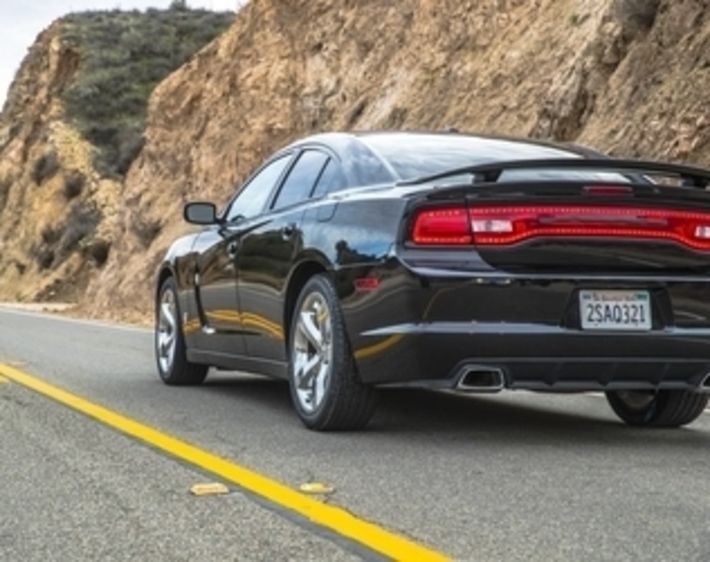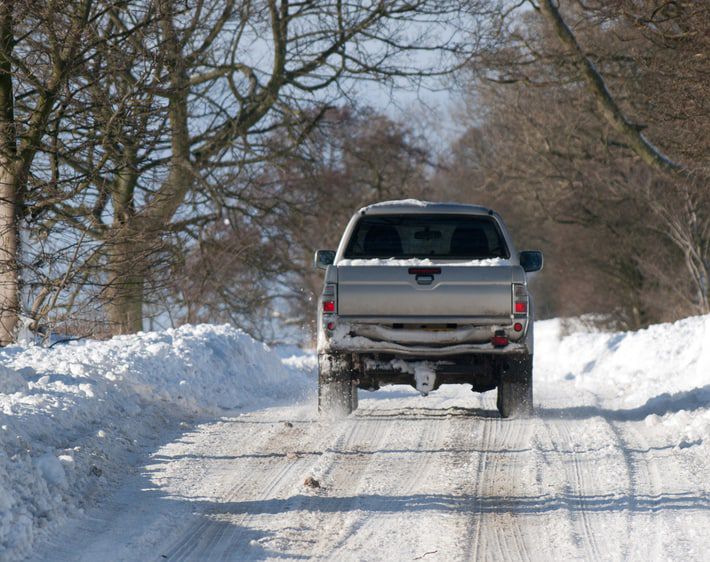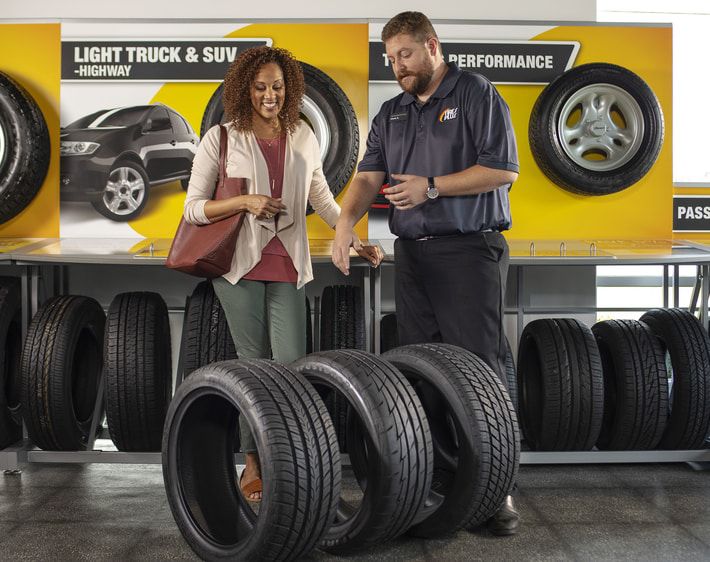All-season tires are true to their name – they perform well throughout different seasons and driving conditions. So, as the months warm up, they'd be the best tire to have on your car for the summer, right? Well, not necessarily! While all-season tires perform well year-round, they don't necessarily excel in any specific season or driving condition. This is where summer tires come in! Learn more about summer tires vs. all-season tires and which one might be best for you.
What are summer tires?
Summer tires are designed and built for the summer months. As the temperature rises, the heat can soften the rubber in your tires and cause the air inside them to expand. The rubber compound in summer tires is engineered to withstand this heat and maintain traction to help give you better control on those hot summer highways. Additionally, summer tires are shaped to maximize the contact patch between the tire and the road, which may contribute to better handling and cornering.
How are summer and all-season tires different?
Heat isn't the only thing that sets summer tires apart from all-season tires. While all-season tires help provide traction in wet and dry conditions, summer tires excel in both wet and dry conditions during the summer months. Because of their robust performance features, most summer tires come in sizes that cater to sportier rides like muscle cars, turbocharged hatchbacks, and high-performance sedans.
Summer tire tread, like the tread found on Potenza S-04 Pole Position, is engineered to assist with wet traction and reduce hydroplaning. With summer tires on your ride, you and your sports car can take the next summer rain by storm!
Can you use summer tires year-round?
While summer tires live up to their name in the warm season, they aren't so great in the colder months. It’s not advisable to keep summer tires on during the winter, but if you do, you are likely to notice a decrease in performance. The rubber compounds in summer tires are specifically designed to withstand the heat during the warmer season. But when the temperature drops below 40°F, the rubber in your summer tires can become rigid and stiff, leading to decreased performance, reduced traction, and poor handling.
Just as the rubber compound in summer tires is not designed for winter, summer tire tread is not meant to withstand winter roads. While reduced grooving on summer tires keeps more rubber on the road, it also means less grip in the winter. This is where all-season tires come in. The tread depth and design, as well as the rubber compound on all-season tires, is engineered to withstand colder temperatures and help you maintain traction and control during the winter. So, once the temperature dips, it's best to switch to winter or all-season tires.
Should you get summer tires?
Summer tires are for you if you're looking for increased performance, handling, and cornering during the warmer months. Due to their sizing, summer tires are especially suitable for high-performance vehicles.
Where can you buy summer tires?
Are you ready for optimal performance from your tires this summer? Head to a Tires Plus near you to equip your vehicle with summer tires. If you're looking for year-round performance, talk to our tire experts about all-season tires. We'll show you a few of the best options for you, so you can choose what you want.



